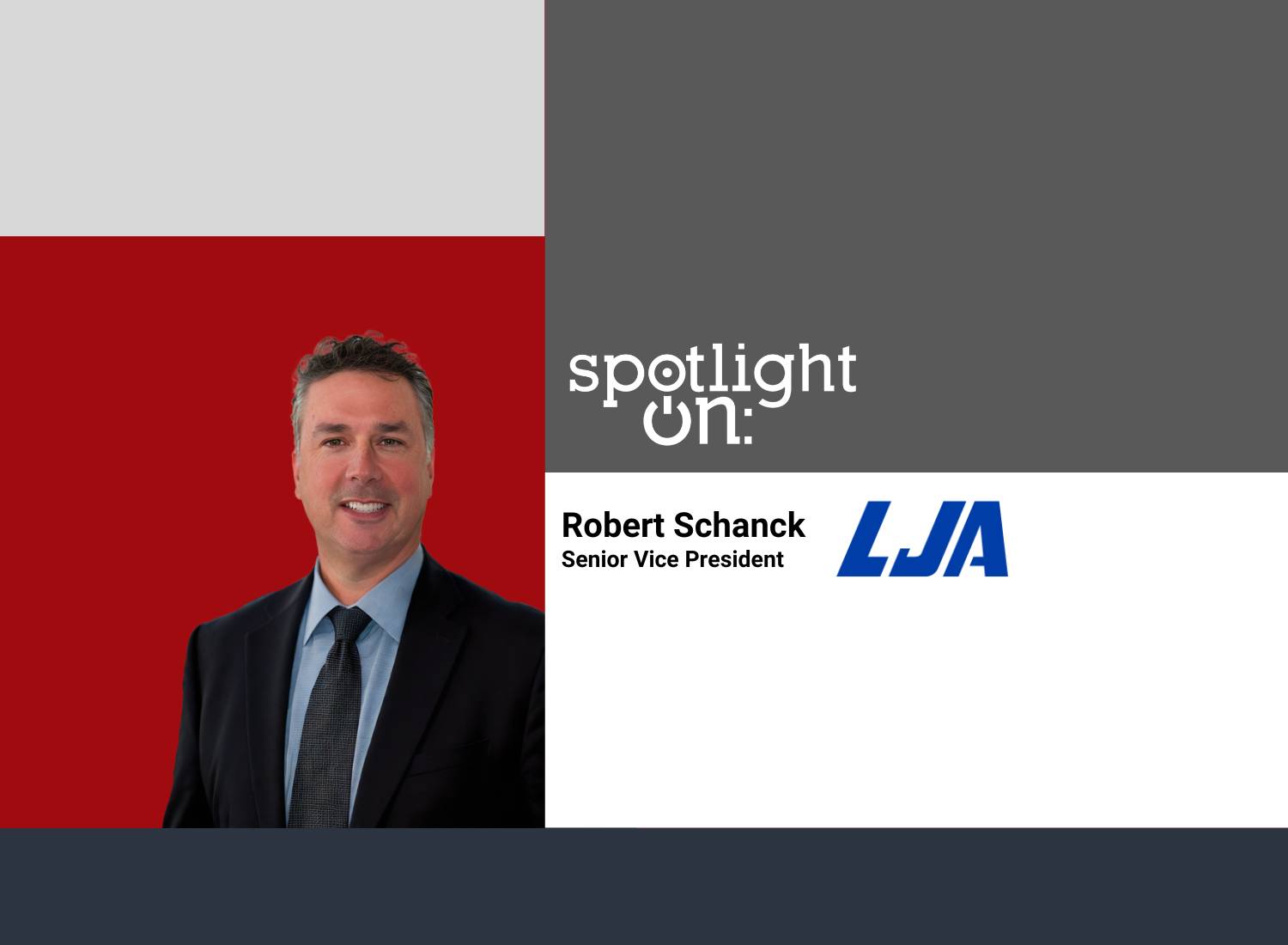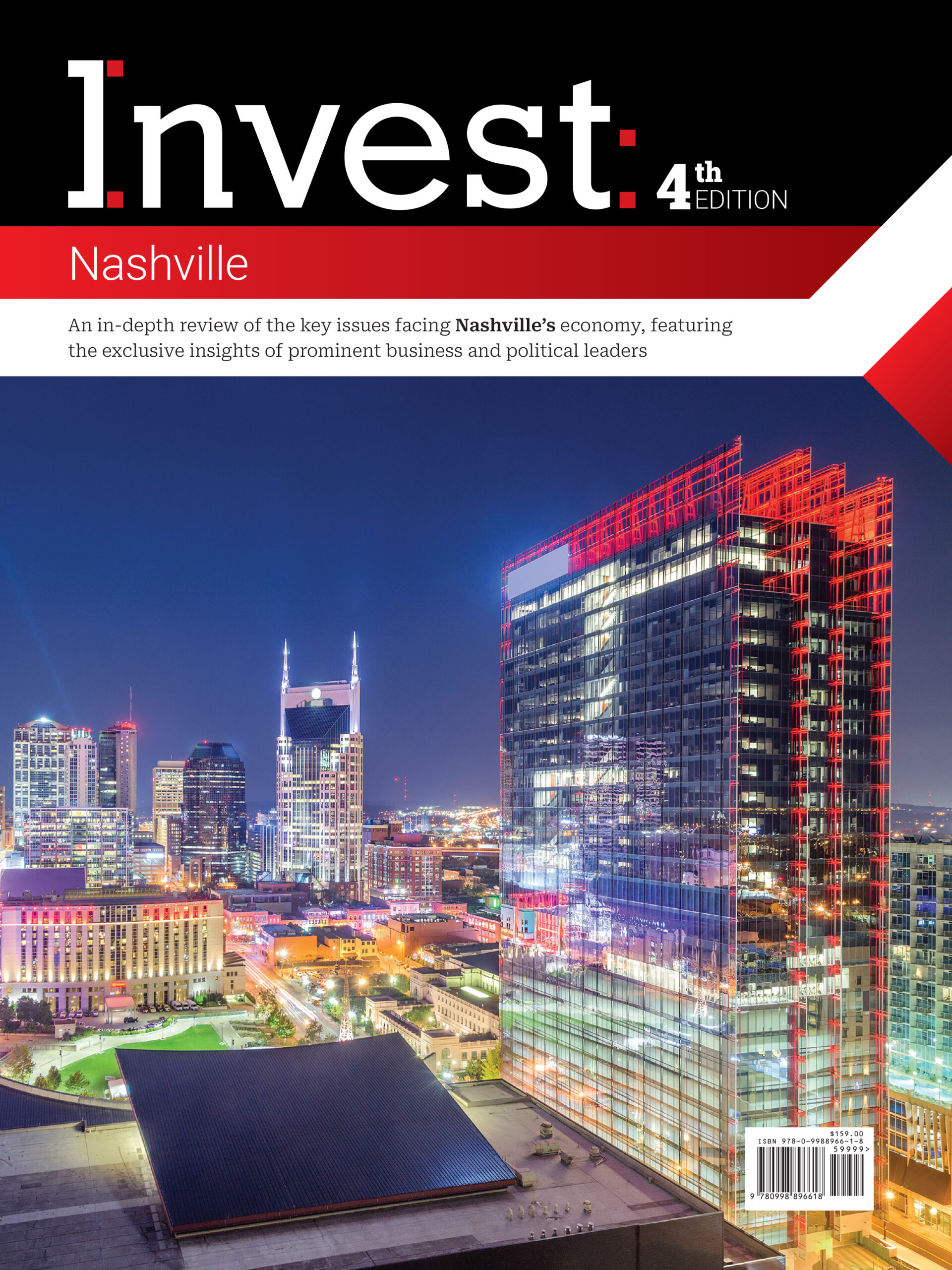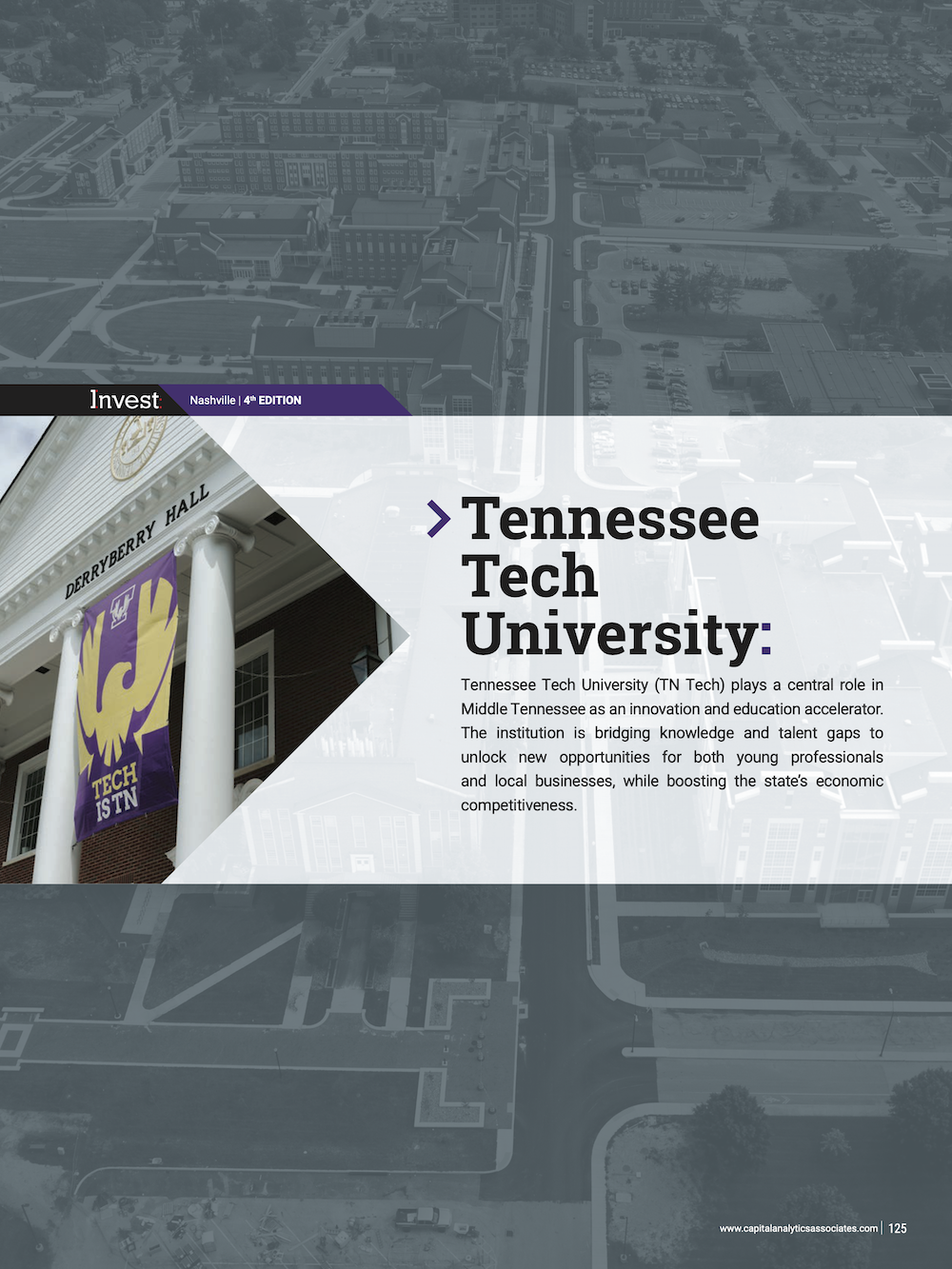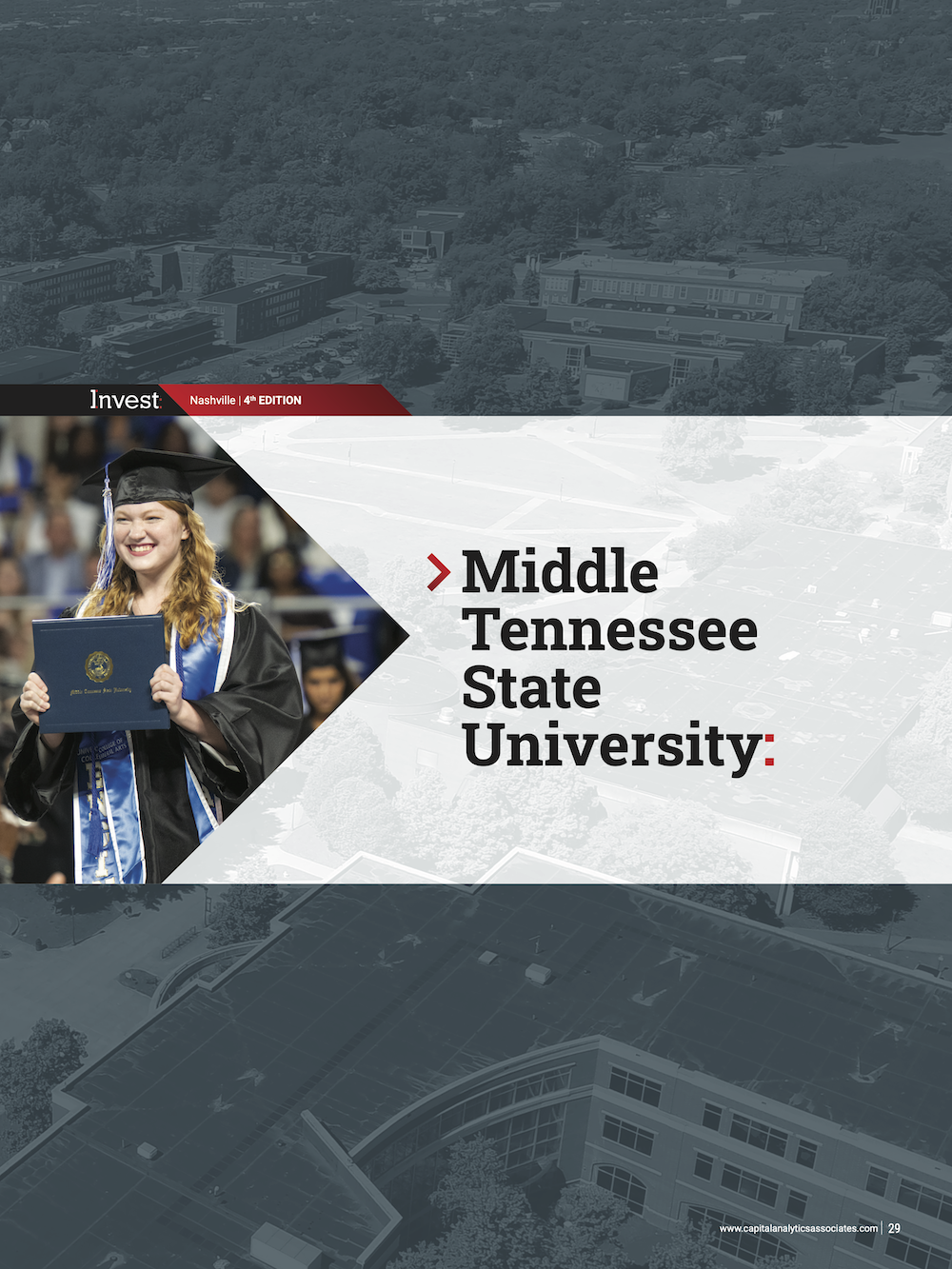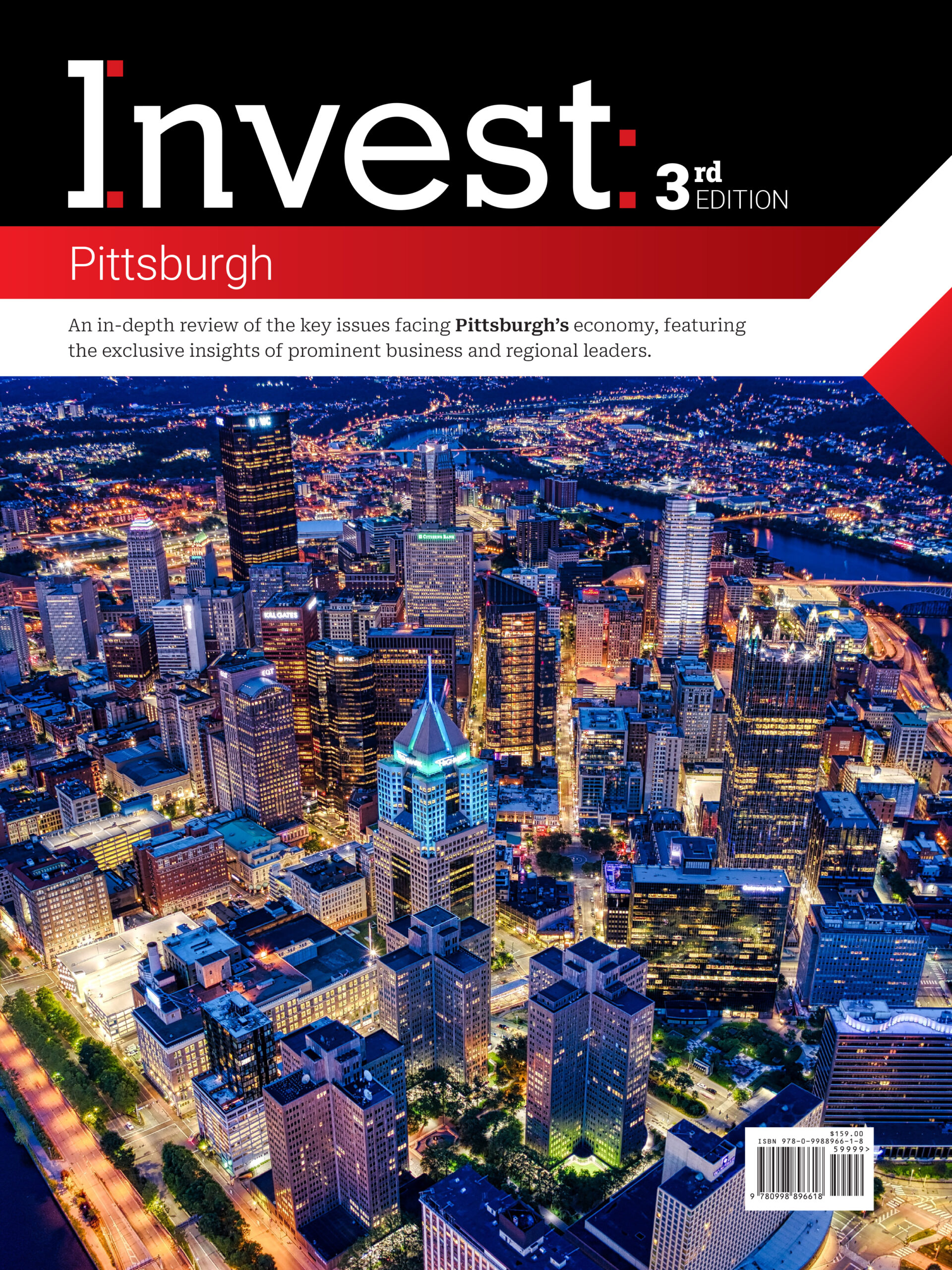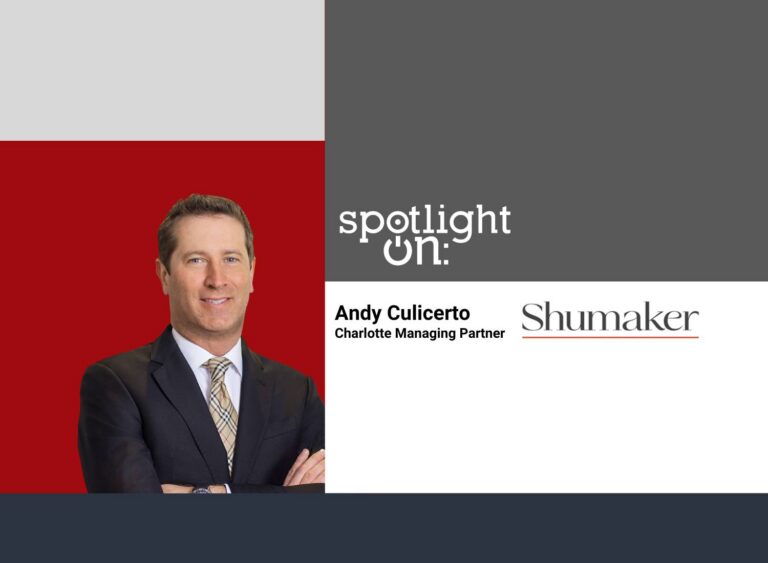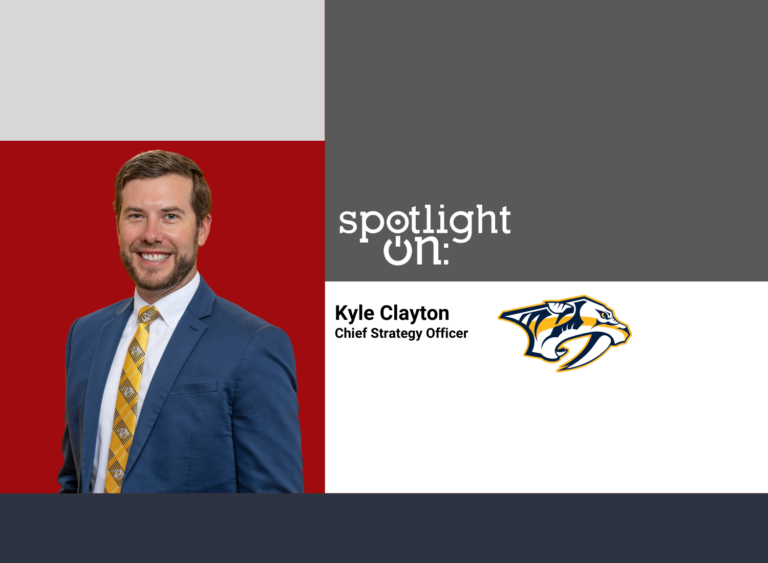Spotlight On: Jeff Bartel, Chairman & Managing Director, Hamptons Group

April 2025 — Climate change and resilience to storms are the two most important challenges Miami is facing going forward, according to Jeff Bartel, chairman and managing director of investment and advisory firm Hamptons Group. “We need strategic leadership in both the public and the private sectors to ensure that Miami and South Florida remain a top-of-mind, first-tier business community,” he told Invest.
What have been the significant milestones and achievements for the Hamptons Group over the past 12 to 18 months?
Over the past 12 to 18 months, Hamptons Group has reached several important milestones. First, we have significantly expanded both the breadth and depth of our private capital investments. Historically, our private capital business has included traditional venture capital for emerging companies and private equity for small- and mid-cap operating companies. Recently, we have broadened that focus to include investment in the incubation and acceleration of startups, as well as hybrid startup models that blend innovation and scalability.
Second, we have extended our geographic footprint. In addition to our established offices in Miami, New York, and Palo Alto, we have now added a London office. This expansion was driven by increasing global deal flow — both inbound to the U.S. from Europe and outbound to Europe and South Asia — and London provides an optimal gateway to these markets. While the U.S. economy remains unparalleled in the quality and diversity of its commercial offerings, positioning ourselves internationally enables us to serve broader interests and access high-growth emerging economies in South Asia and the Far East.
We have also experienced meaningful growth across several dimensions: revenue growth, expansion of our team, and both organic and opportunistic investment growth. It has been an important and exciting period of evolution for our firm.
How are economic conditions affecting private capital and real estate investments?
The macroeconomic fundamentals of the United States remain strong, although recent policy shifts have introduced new sources of volatility. The economy continues to demonstrate resilience relative to global peers, bolstered by consumer spending, corporate earnings, and a historically strong labor market. For investors, the U.S. remains a leading destination for capital, but the policy environment now demands closer scrutiny given the administration’s recent actions.
At the same time, concerns are intensifying. The debate over the durability of the post-inflation “soft landing” has been complicated by new tariff threats, shifting tax proposals, and regulatory uncertainty. While the Federal Reserve has exercised notable prudence — holding rates steady after a series of cuts that helped stabilize financial conditions — new fiscal and trade policy initiatives risk undermining that stability. Investors are navigating a climate where monetary policy remains supportive, but fiscal unpredictability could weigh on corporate confidence and consumer behavior.
In particular, uncertainty around tax reforms, tariff escalations, and trade negotiations has introduced meaningful hesitation into investment decisions, especially with a presidential election cycle underway. In real estate, selective market softening is evident, including in South Florida, where overbuilding is again putting pressure on absorption rates. Miami’s energy and international appeal remain strong, but without careful supply management, extended periods of inventory digestion could constrain growth.
In addition, the impact of recent hurricanes in Florida has introduced new concerns. We are seeing signals of reluctance among some wealthy families and business executives considering relocation to Florida. It is too early to determine whether these signals represent short-term hesitations or the beginnings of a longer-term trend.
In private equity and venture capital, challenges have also emerged. Expectations for returns remain high, but access to leverage has tightened. I believe that, unfortunately, some private equity firms have been too aggressive in financial structuring — relying heavily on debt-loading the companies they acquire. That model introduces systemic vulnerabilities and is not sustainable for long-term economic health.
How has your impact investment strategy evolved in the last year?
Over the past year, we have refined and expanded our impact investment strategy by formally organizing our private capital business into three dedicated focus areas: Hamptons Group Capital, which continues to oversee venture capital equity and debt; Hamptons Group Ventures, which targets startup incubation and early-stage growth; and Hamptons Group Catalyst, which is dedicated specifically to impact investing.
With Catalyst, we are increasingly focused on investing in social enterprises that balance profitability with meaningful societal outcomes. While Miami and South Florida have not yet seen large volumes of impact investment activity, we have concentrated much of our work in this area across other geographies, particularly in sectors like health, agribusiness, energy, and communications technology.
In addition, we are leaning heavily into the potential of artificial intelligence. We believe that AI and machine learning offer tremendous opportunities to drive impact — from optimizing supply chains and enhancing energy systems to improving hiring practices and operational efficiency. We are particularly enthusiastic about AI’s potential in healthcare and pharmaceuticals, where innovation can lead to profound improvements in patient outcomes and system sustainability.
Beyond technology, we see sustainable resource management — both through efficient utilization and conservation — as a critical area for future impact investment. It is clear that strategic deployment of capital can accelerate progress toward both economic and environmental resilience.
What are some of the key trends that you’re seeing in the strategic advisory sector, and how you’re leveraging or navigating those?
One of the most significant trends we are navigating is the acceleration of artificial intelligence adoption across industries. Clients across the board — particularly small- and mid-cap companies — are seeking guidance on how to integrate AI into their operations. There is no race to a predetermined finish line, but rather a deep, strategic need to explore how emerging AI capabilities can enhance productivity, decision-making, and efficiency.
We are at the very early stages of this journey. Even large, established corporations are still calibrating their approaches to AI. Over the next two to five years, we expect to see the emergence of a second generation of AI applications, with more refined, commercially viable use cases. Likely, a handful of dominant players will emerge with best-in-class platforms, while others will either carve out specialized niches or be acquired.
Another key trend is the ongoing evolution of workforce utilization models. The post-pandemic environment has fundamentally altered expectations around remote work and workplace flexibility. After an initial surge of remote work acceptance, many organizations are now seeking to recalibrate — bringing employees back to offices to foster collaboration, innovation, and cultural cohesion, while still striving for balance.
Our advisory practice is helping clients design human capital strategies that align with their operational needs, workforce expectations, and long-term value creation goals. It’s clear that the optimal model will differ across industries, but agility, intentionality, and a commitment to talent development will be common imperatives for success.
What do you think are the biggest challenges that a city like Miami is facing?
Miami has undergone a remarkable evolution over the past five years, firmly establishing itself as a first-tier business and commercial marketplace. It is now not only a magnet for affluent individuals and families but also a dynamic hub for significant financial capital investment, supporting a growing infrastructure that spans both blue-collar and white-collar economies. The pace of development — visible in the skyline of cranes across Miami, Fort Lauderdale, West Palm Beach, and beyond — is testament to this extraordinary growth story.
Yet, as exciting as this growth is, it brings with it profound challenges that we must address with seriousness and foresight.
Tactically, storm resilience remains an immediate and pressing concern. South Florida’s vulnerability to hurricanes demands continuous investment in infrastructure, emergency management, and disaster mitigation strategies.
Strategically, the longer-term challenge is even greater: climate change and sea-level rise pose existential risks to coastal communities. The implications are wide-ranging — from changing patterns of real estate development and shifts in insurance markets to evolving lending standards for long-term mortgages. Coastal construction, financial underwriting, and economic planning will all need to adapt to a new environmental reality.
At Hamptons Group, while we remain deeply optimistic about the future of Miami and South Florida, we are also clear-eyed about these structural risks. Encouragingly, local leadership is beginning to prioritize these issues. Our current county mayor, for example, has elevated climate resilience to the forefront of the public agenda, including appointing a Chief Heat Officer — a forward-looking move that signals the seriousness with which the community is beginning to respond.
Ultimately, ensuring Miami’s continued rise as a global city will require thoughtful leadership, public-private collaboration, and a shared commitment to sustainability. If we can meet these challenges head-on, Miami and South Florida will not only endure but thrive — continuing to be first-tier business communities, capable of setting a standard for resilience, innovation, and long-term prosperity.
For more information, visit:
